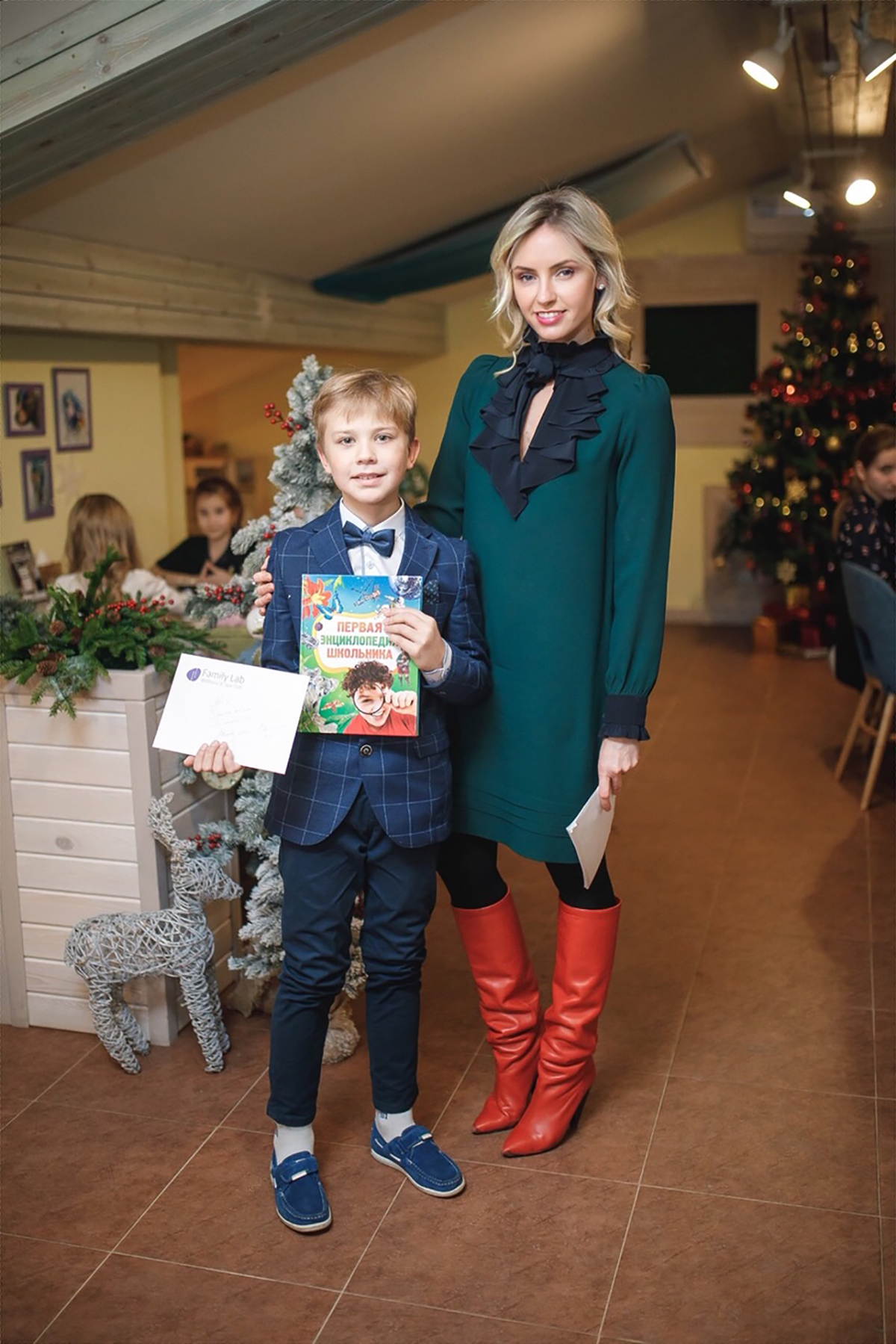
Nadya Abela is the founder and CEO of the Nadezda Foundation in the Russia and the UK
Philanthropist Nadya Abela established the Nadezda Foundation in her hometown of Tver in Russia in 2015 to provide disadvantaged children with much needed medical care and educational support. In 2019, a sister foundation was registered in the UK. In the first of our new philanthropy series, she speaks to Samantha Welsh about her motivations, the process of setting up a children’s charity and the challenges presented by the global pandemic

Nadya Abela
LUX: When did you first have the idea to set up your Nadezda charity fund in Russia and why? What prompted you to also to launch the foundation in UK?
Nadya Abela: When my youngest son was born here in London, I start realising more and more that being a parent is enormous responsibility and hard work. I felt lucky that my boys had good medical and educational infrastructure available for them here in UK. When I start comparing that to what was available back then for children in Tver, Russia, I realised there was a huge gap between the two.
Follow LUX on Instagram: luxthemagazine
I flew home in the summer of 2015 and visited a few children’s hospitals, orphanages and educational centres for underprivileged children. Right there and then I decided to set up a foundation that would concentrate on children’s health and education issues in my hometown and other cities in Russia.
A few of my dear girlfriends (who are now on the committee at Nadezda Foundation) and I had been discussing similar issues here in United Kingdom for a long time and so we decided to set up the UK foundation in 2019, which also helps children who also find themselves in difficult life situations.
LUX: Is there anybody in the world of philanthropy and fund raising who inspired you?
Nadya Abela: Regular people, who give their time and money to support causes that are dear to their hearts or families, always inspire me.
LUX: What exactly does Nadezda Foundation do and how do you ensure you get optimum results?
Nadya Abela: Our foundations concentrate on children’s health and education. I believe those two factors are most important in creating positive future for them and for society in general.
LUX: How much of your time does it take?
Nadya Abela: Quite a lot, especially prior to important fundraising events.
LUX: Have you always been passionate about the welfare of underprivileged children and young people?
Nadya Abela: Ever since I started my modelling career at the age of 18, I always wanted to adopt a little boy or a girl, to take them away from life in orphanage and create a safe and healthy environment for them to live in. I have not done it yet, but hope that one day it will be possible. For now our charity foundation and I directly help lots of children, and we know that we change some of their lives for the better.


Some of the children the Nadezda Foundation helps (above), and one of the playgrounds built in Tver, Russia for children with autism.
LUX: Do you think that the role of private philanthropy is becoming more important, with increasing limitations on government funding?
Nadya Abela: Absolutely. It is always very direct because it involves less bureaucracy.
LUX: What are the biggest obstacles and challenges you have faced?
Nadya Abela: In Russia at the beginning, it was difficult to get people and big companies on board with fundraising. People were skeptical, or too busy with their own problems. Now, five years later, the situation has changed completely. I have people calling me directly and asking how and where they can help, which is an achievement on its own.
In UK, the hardest part was legally registering the foundation. It was a lengthy and costly affair, but now everything is fairly straight forward.
Read more: British artist Petroc Sesti on his nature-inspired artworks
LUX: Is there anything that concerns you about the path ahead for your foundation?
Nadya Abela: With Covid and current restrictions it is nearly impossible to do any fundraising so our work and the help we can provide is very limited. It is absolutely devastating and takes us back to square one so many children are not getting help they so urgently need.
LUX: What are your proudest achievements?
Nadya Abela: Seeing my two sons want to help with my charity work and support other boys and girls who are currently living in difficult situations.
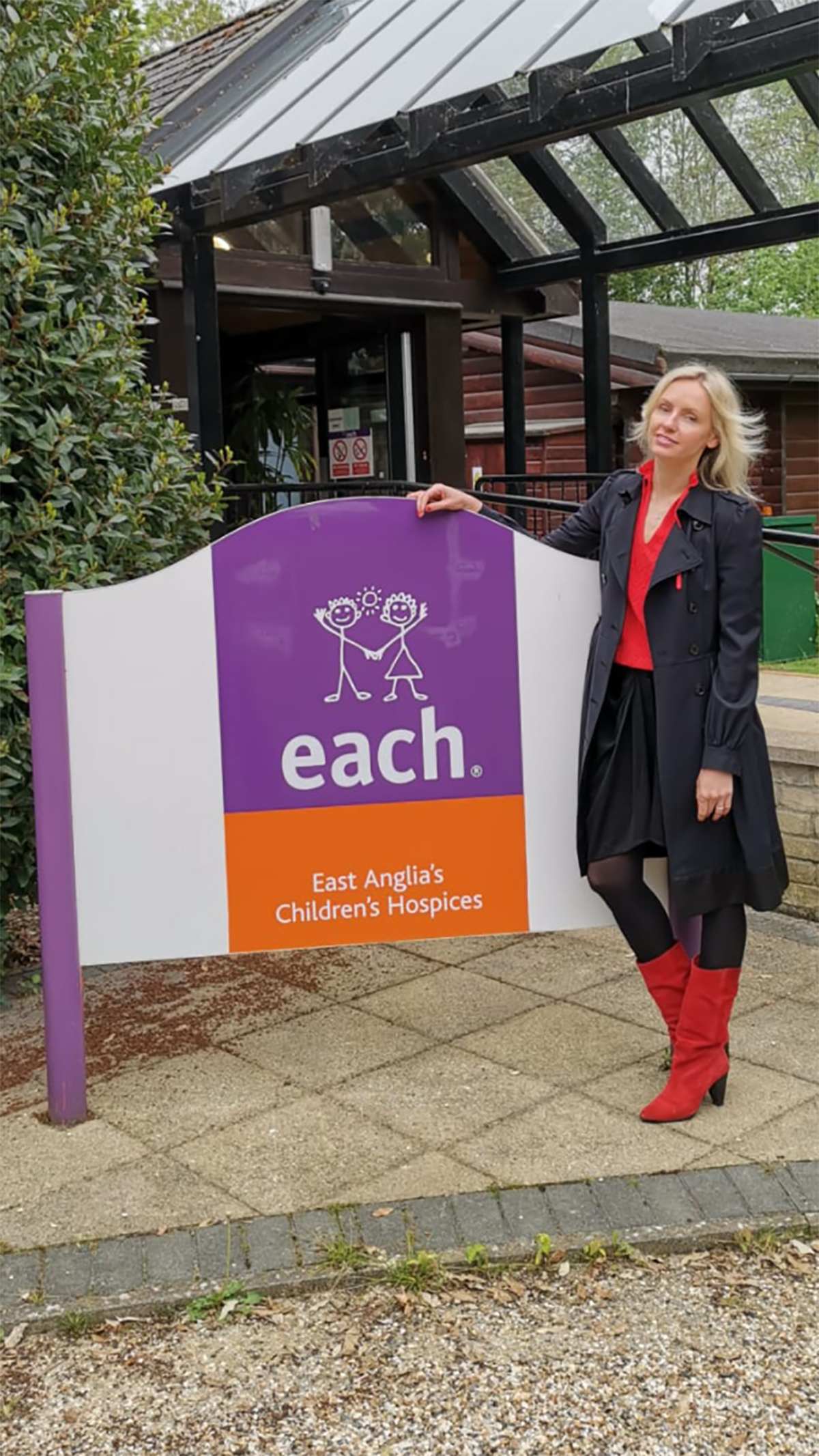
Nadya outside EACH (East Anglia Children’s Hospices) for the whom the foundation raised £25,000 in 2019.
LUX: How will Covid-19 affect what you do?
Nadya Abela: Covid does not affect what I do. The ministers who make wrong decisions, kill economy and therefore, affect the wellbeing of whole nation and future of our children.
LUX: Do you enjoy running your foundation?
Nadya Abela: It keeps me grounded and yes, when we see how our work has changed children’s and their families’ lives, it does feel good.
LUX: Do you have specific examples of children or young people who have benefited?
Nadya Abela: There are lots of stories and projects from both of our foundations, which you can see on our websites. They all important, no matter how big or small so I wouldn’t want to single one out.
LUX: How would you encourage people to get more involved in supporting vulnerable children and young people?
Nadya Abela: You can go and visit schools and share your knowledge and experience. All children love to learn and they also love it when they feel that grown ups are interested in what they have to say. Find out what their biggest dream is, and help them to achieve it. We do not always have to raise lots of money to help change a child’s life.
LUX: What would you warn people about who are interested in setting up a charitable foundation?
Nadya Abela: Depending on the cause, it can be very emotional and take up lots of your time especially if it’s something you’re really passionate about, but it’s all worth it!
LUX: Have you any advice for LUX readers who might want to get involved in philanthropy?
Nadya Abela: Just do it and don’t look back!
Find out more: nadezdafoundation.org.uk; fondnadezda.com
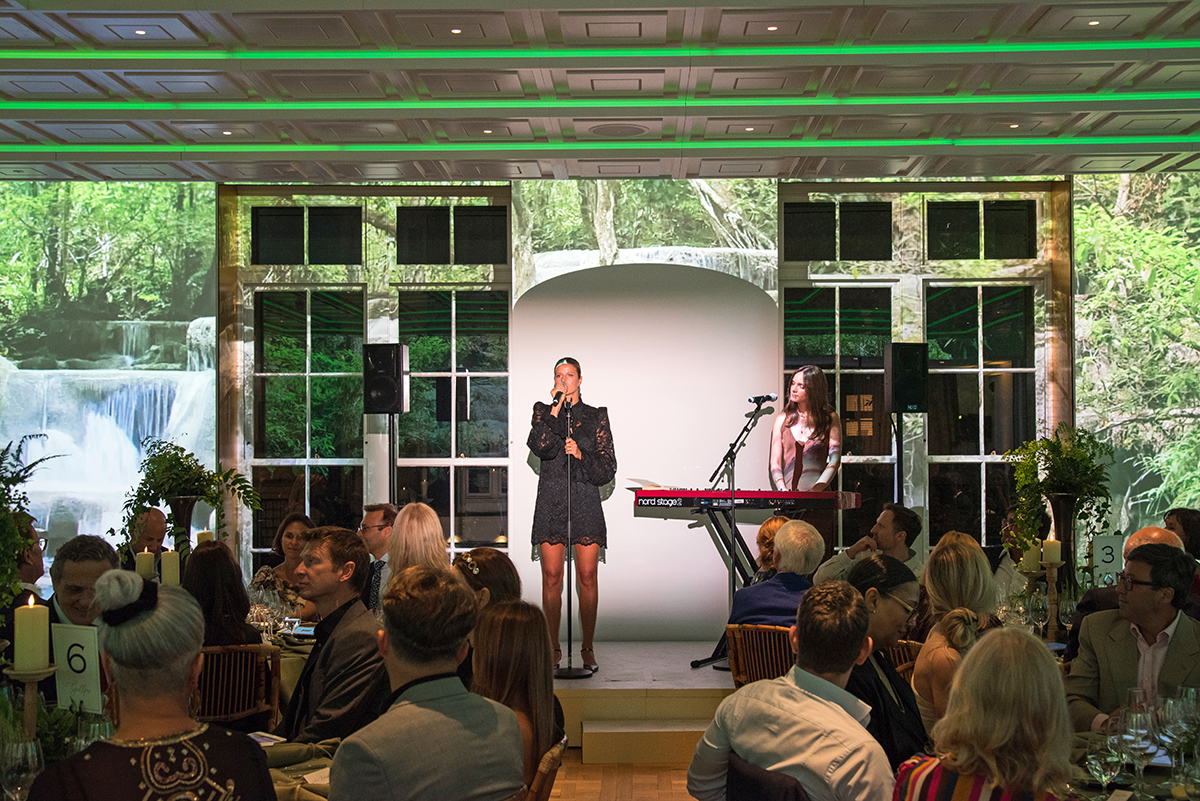
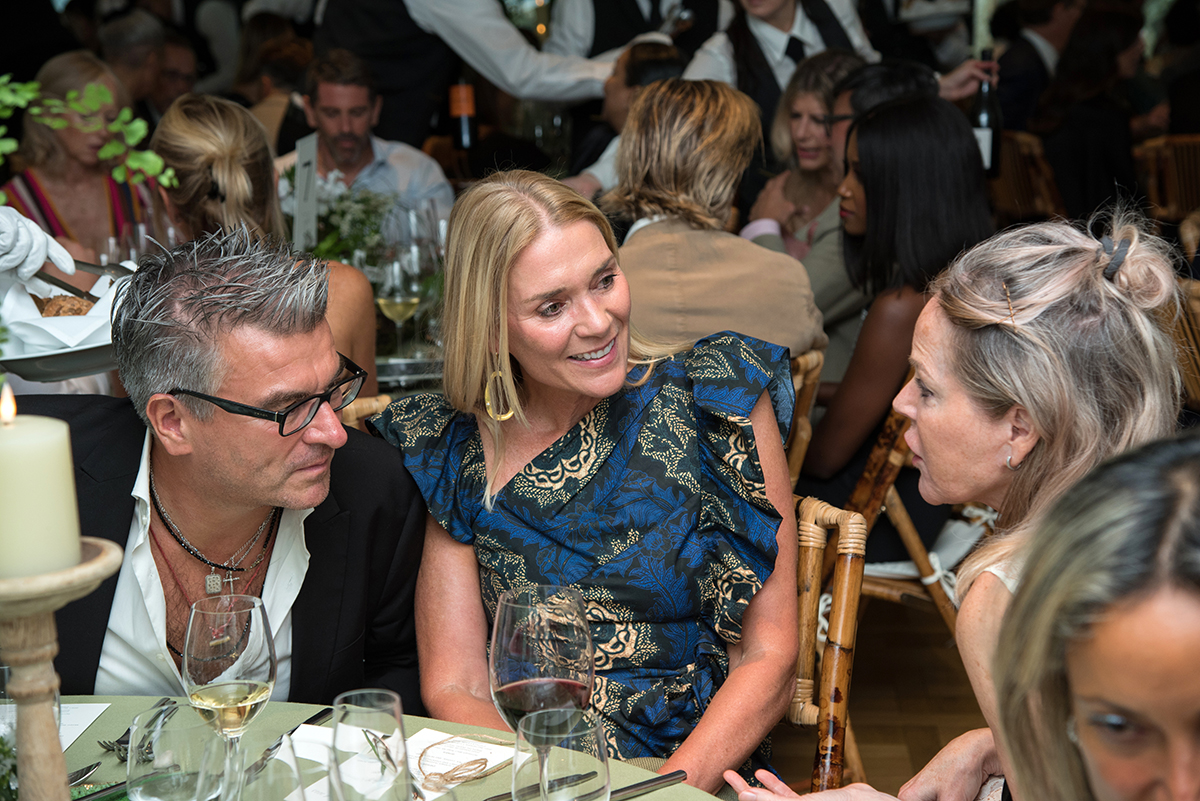
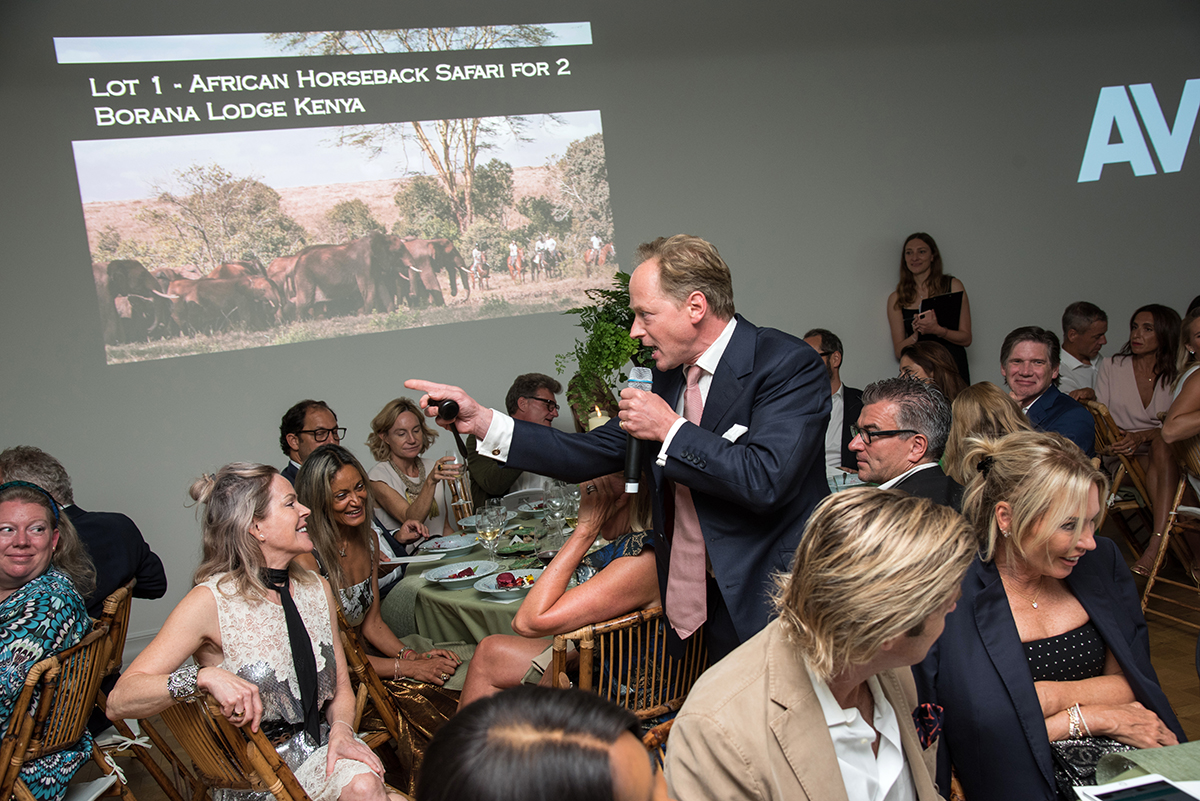
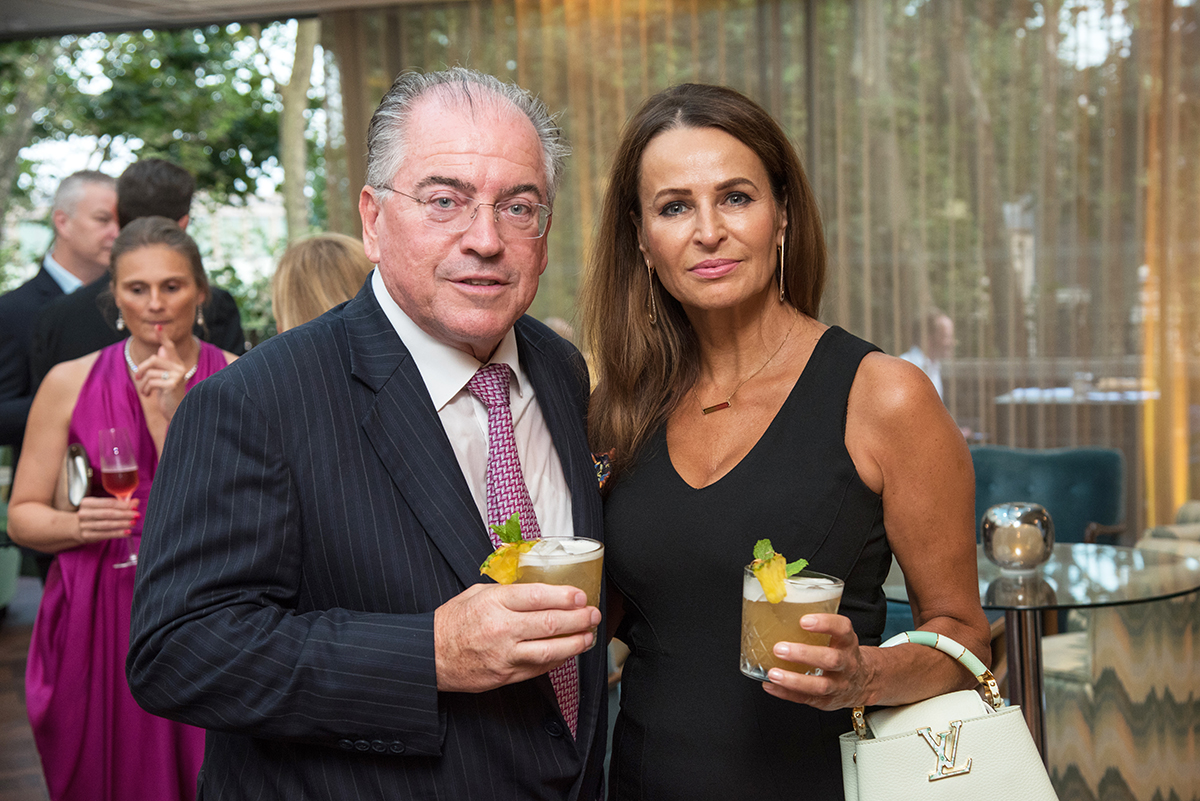
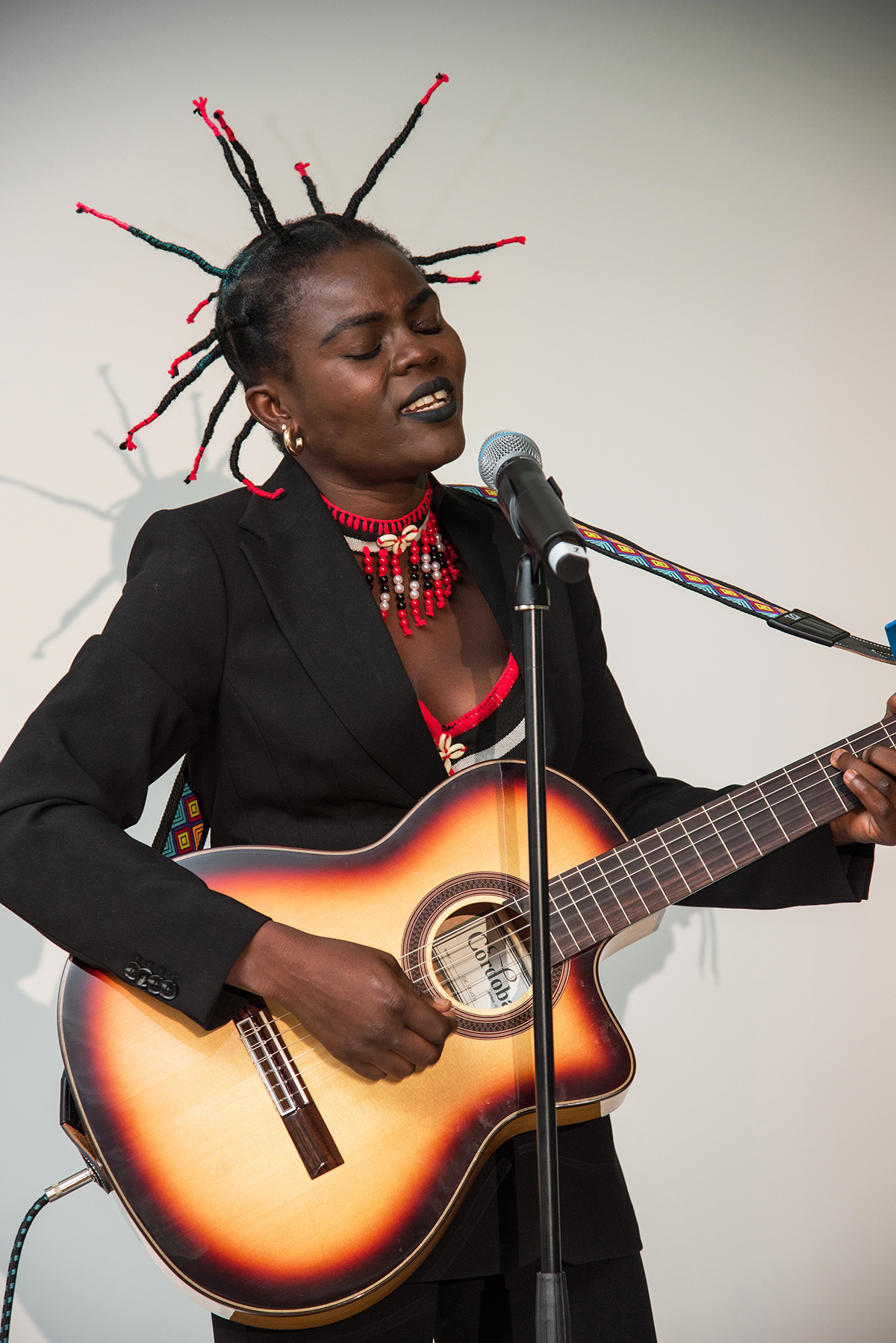
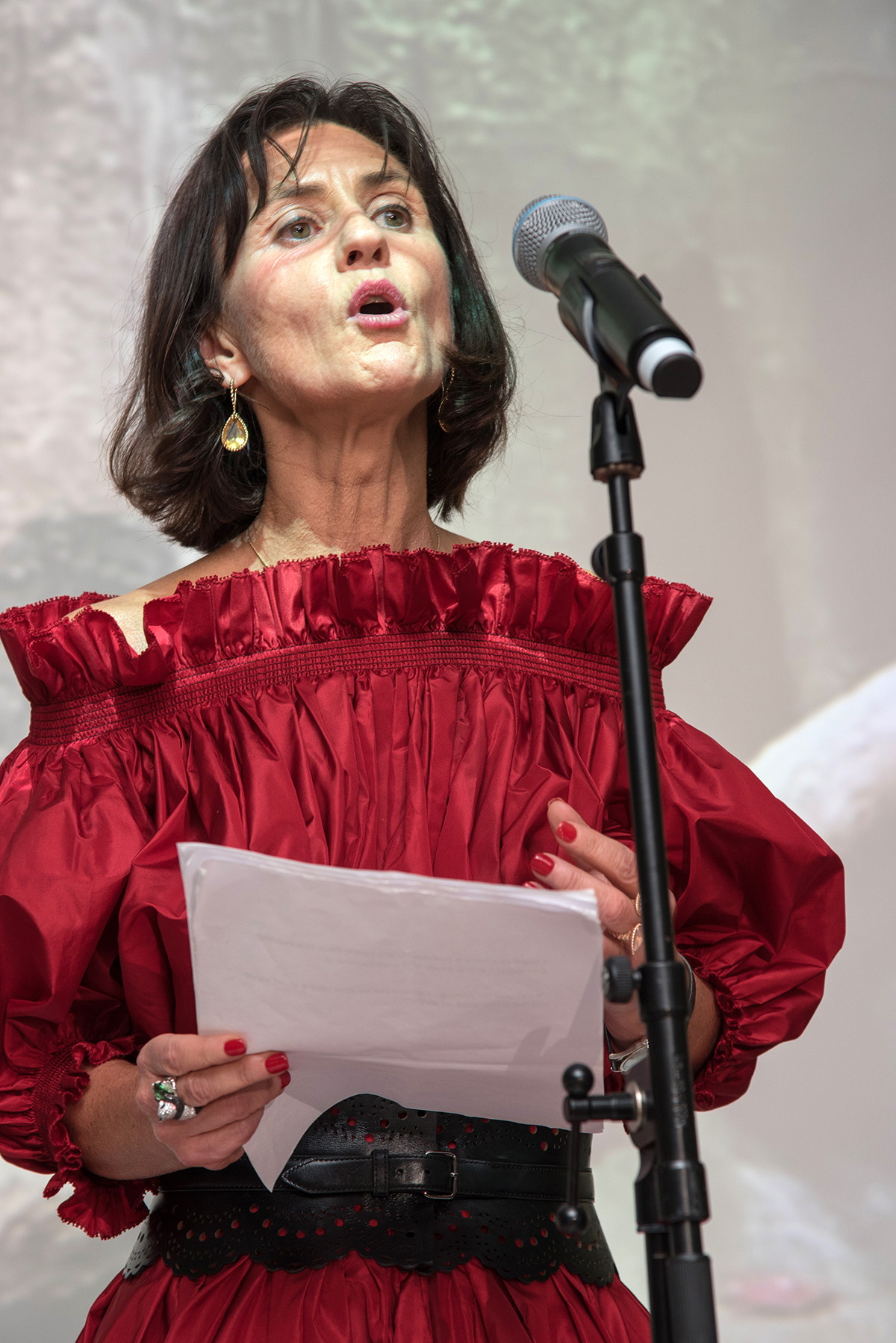
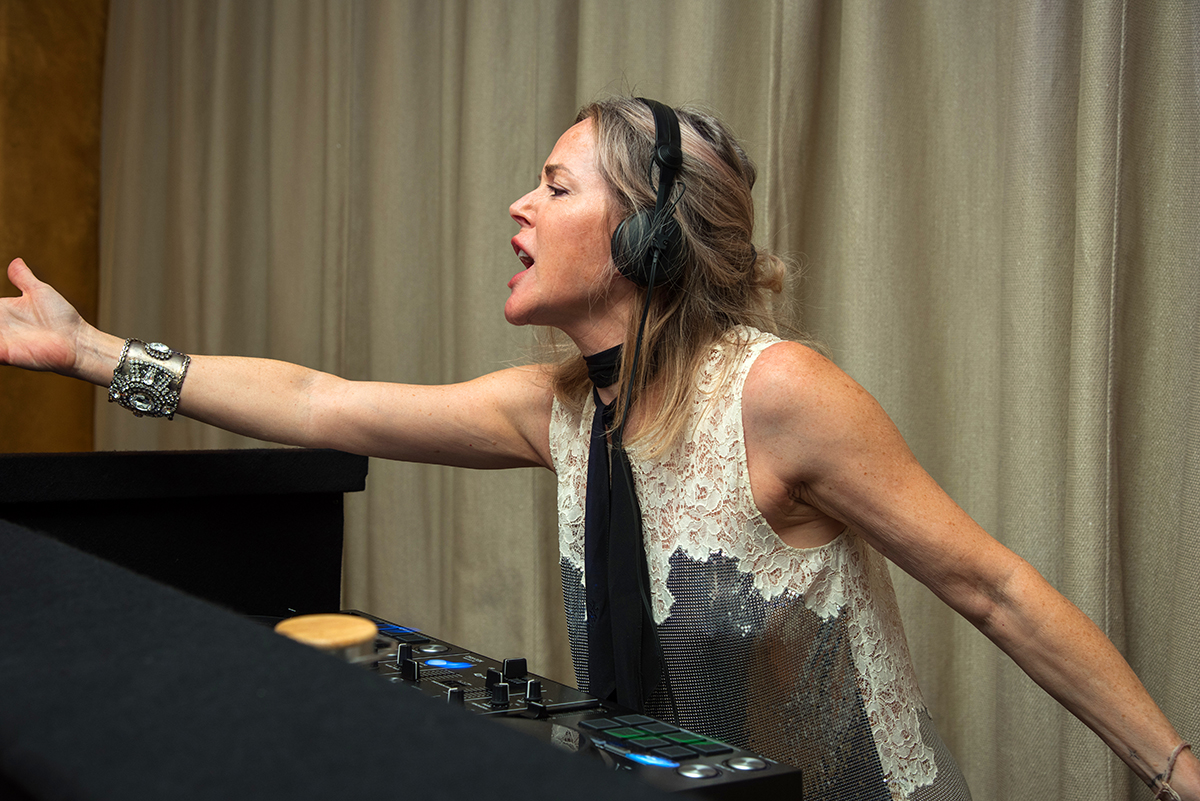
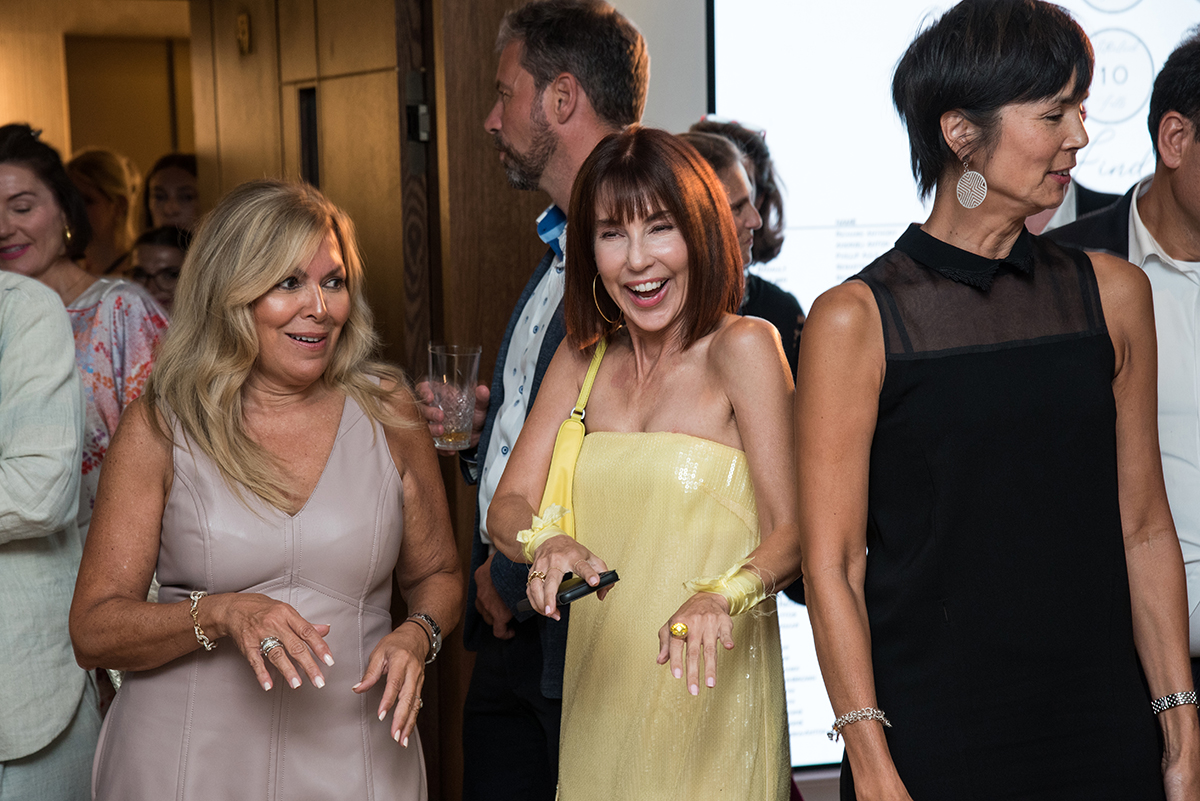
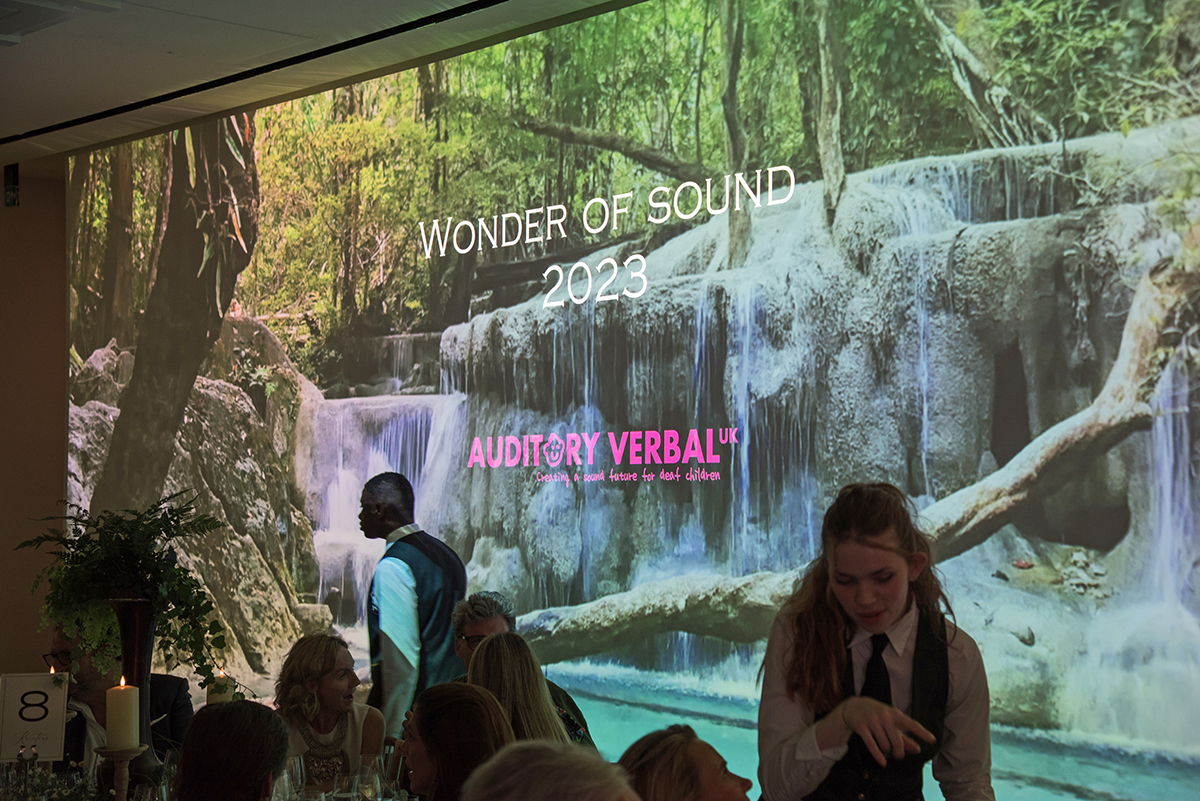








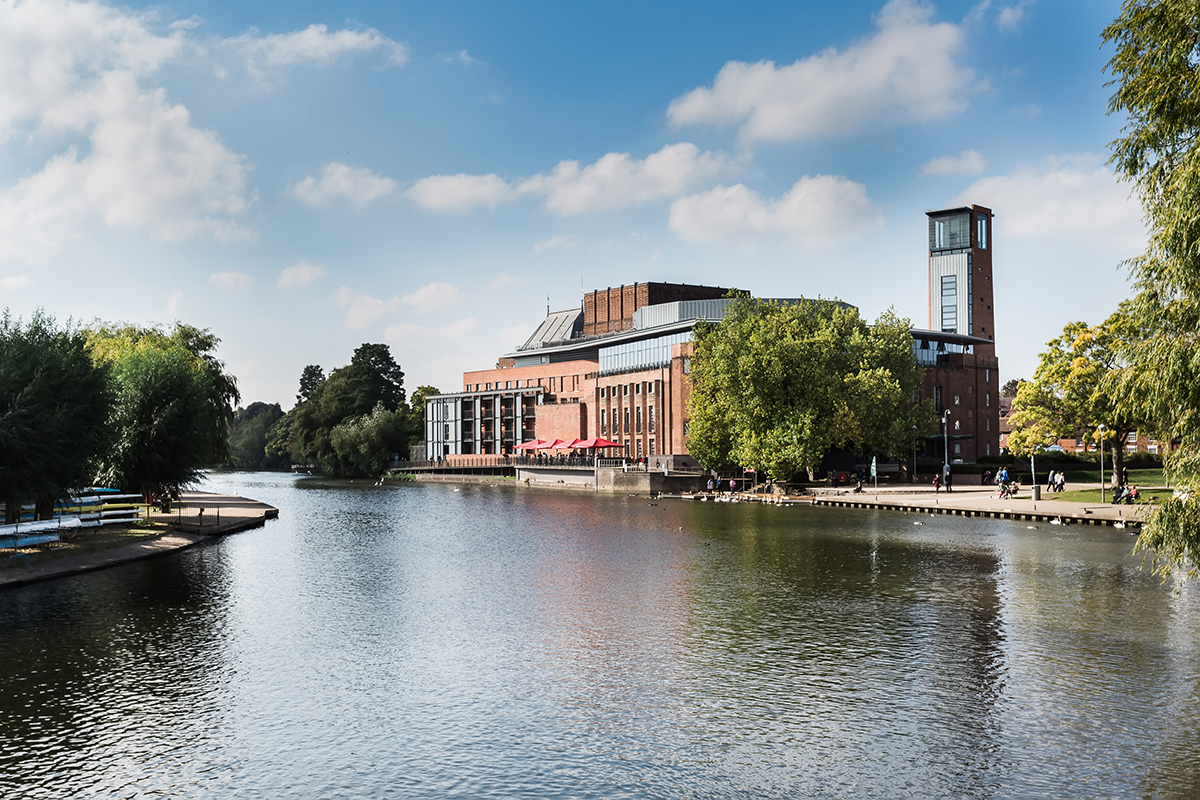
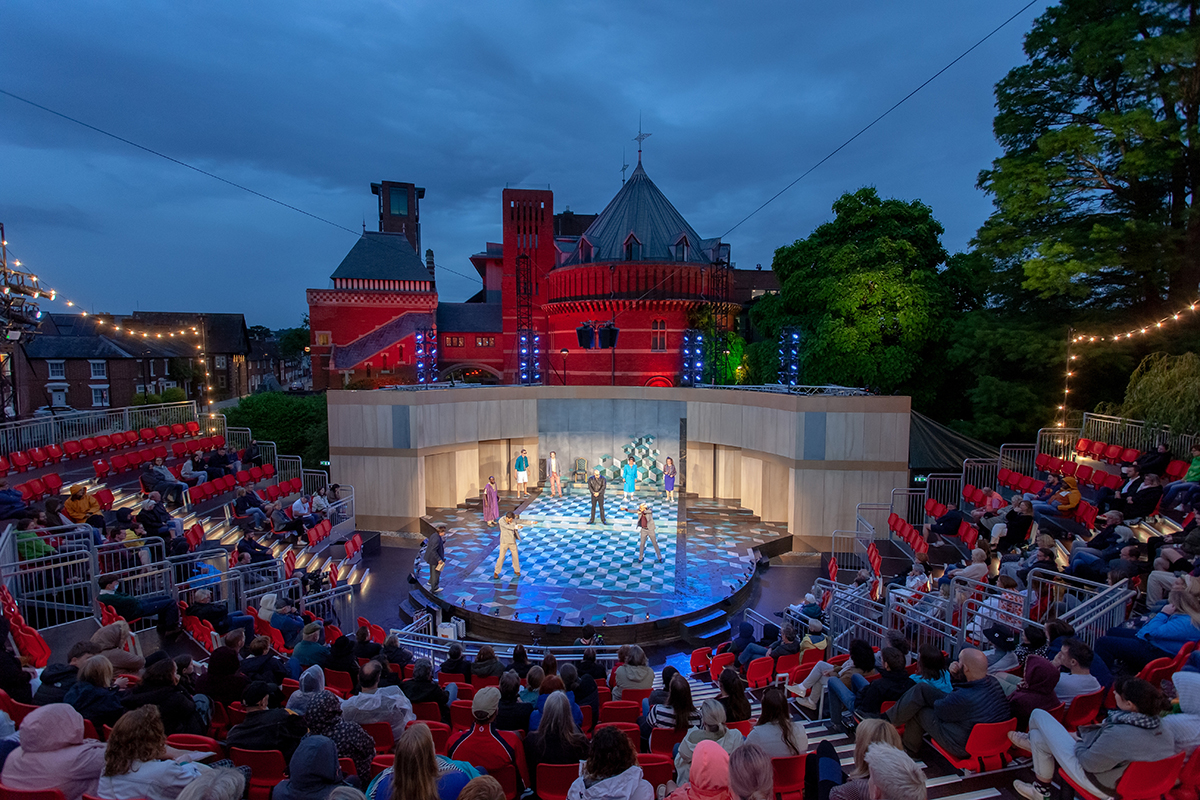






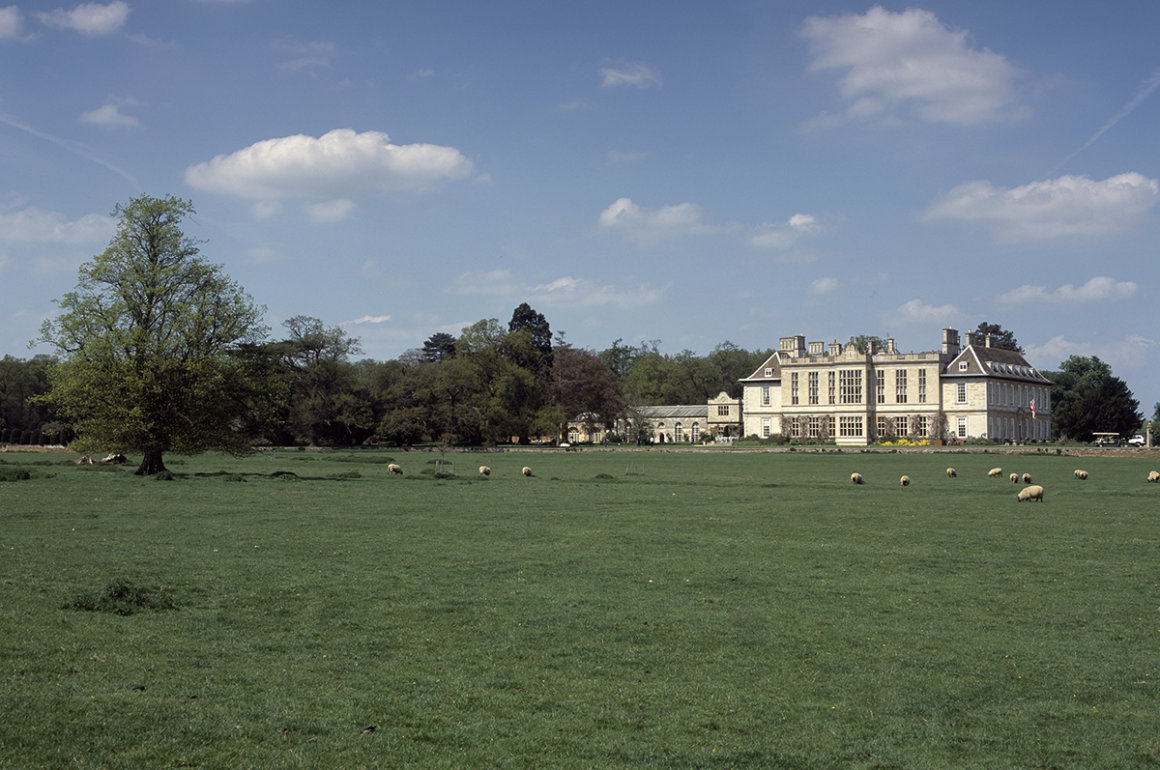
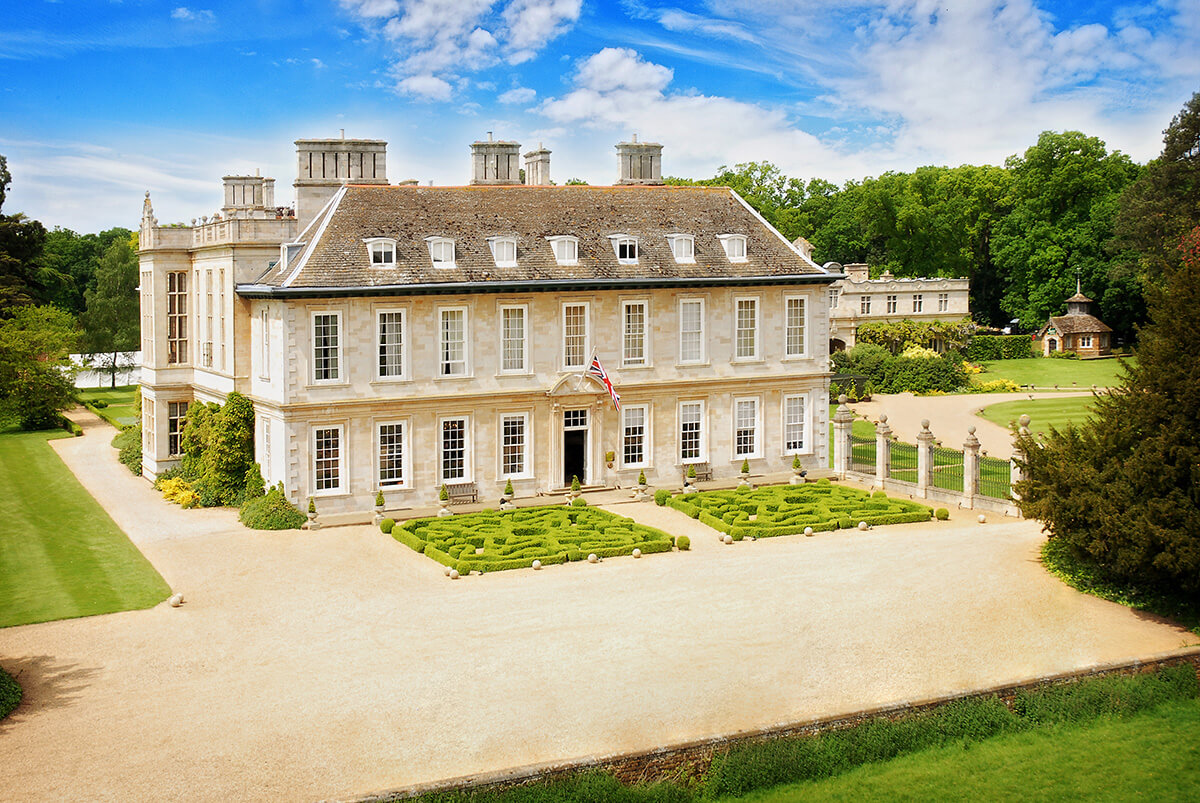
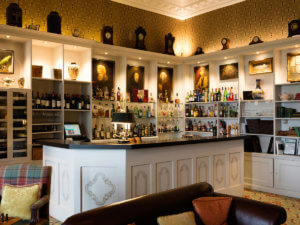
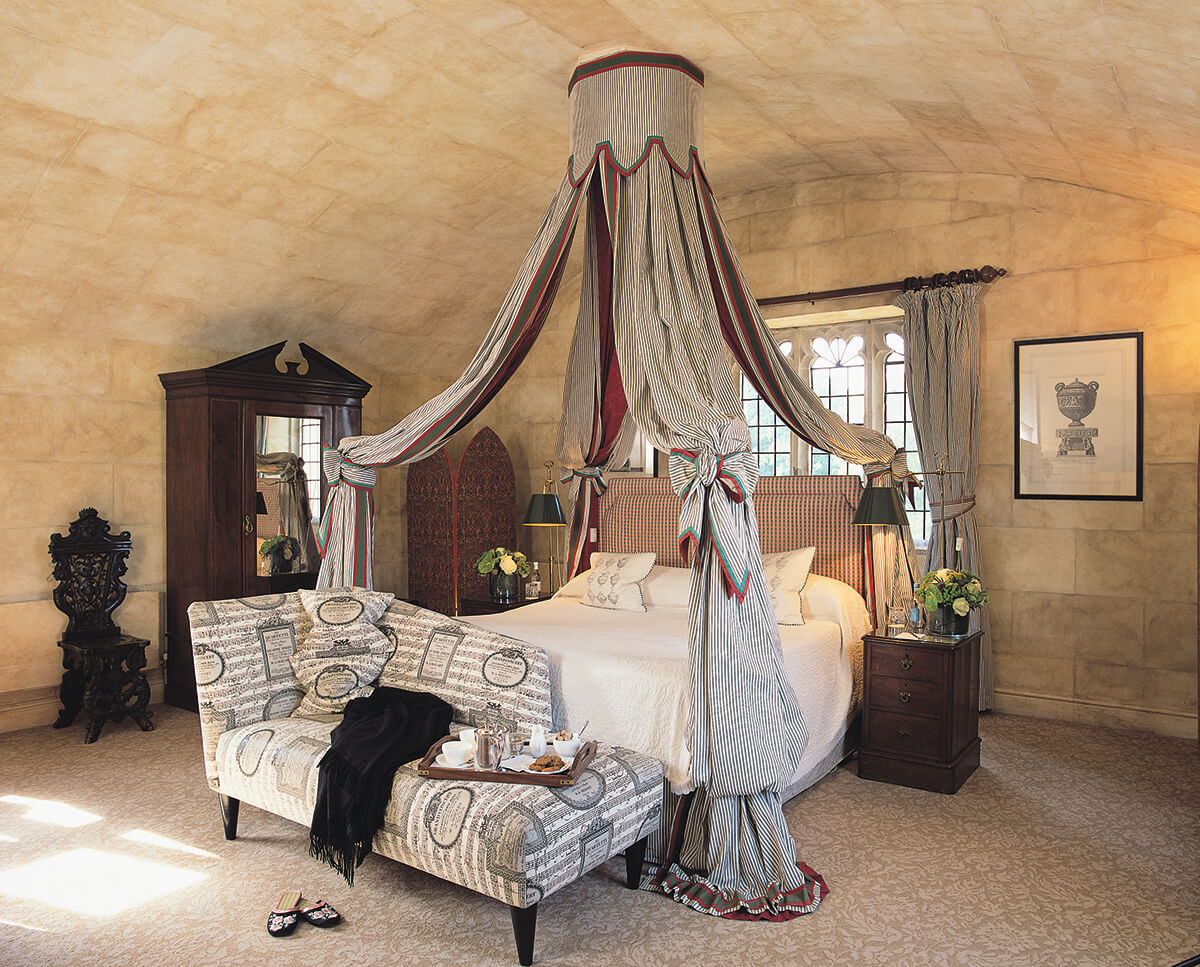
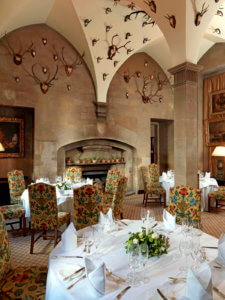
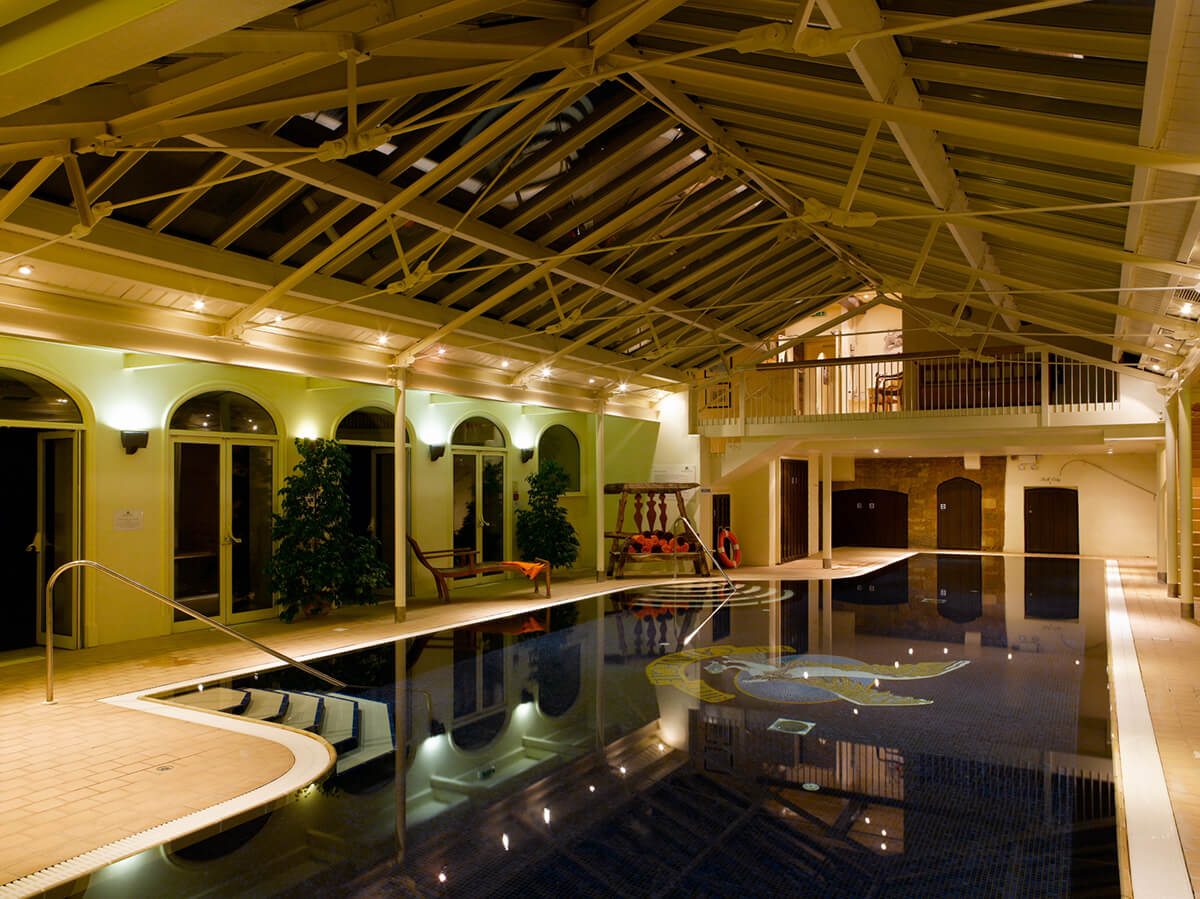



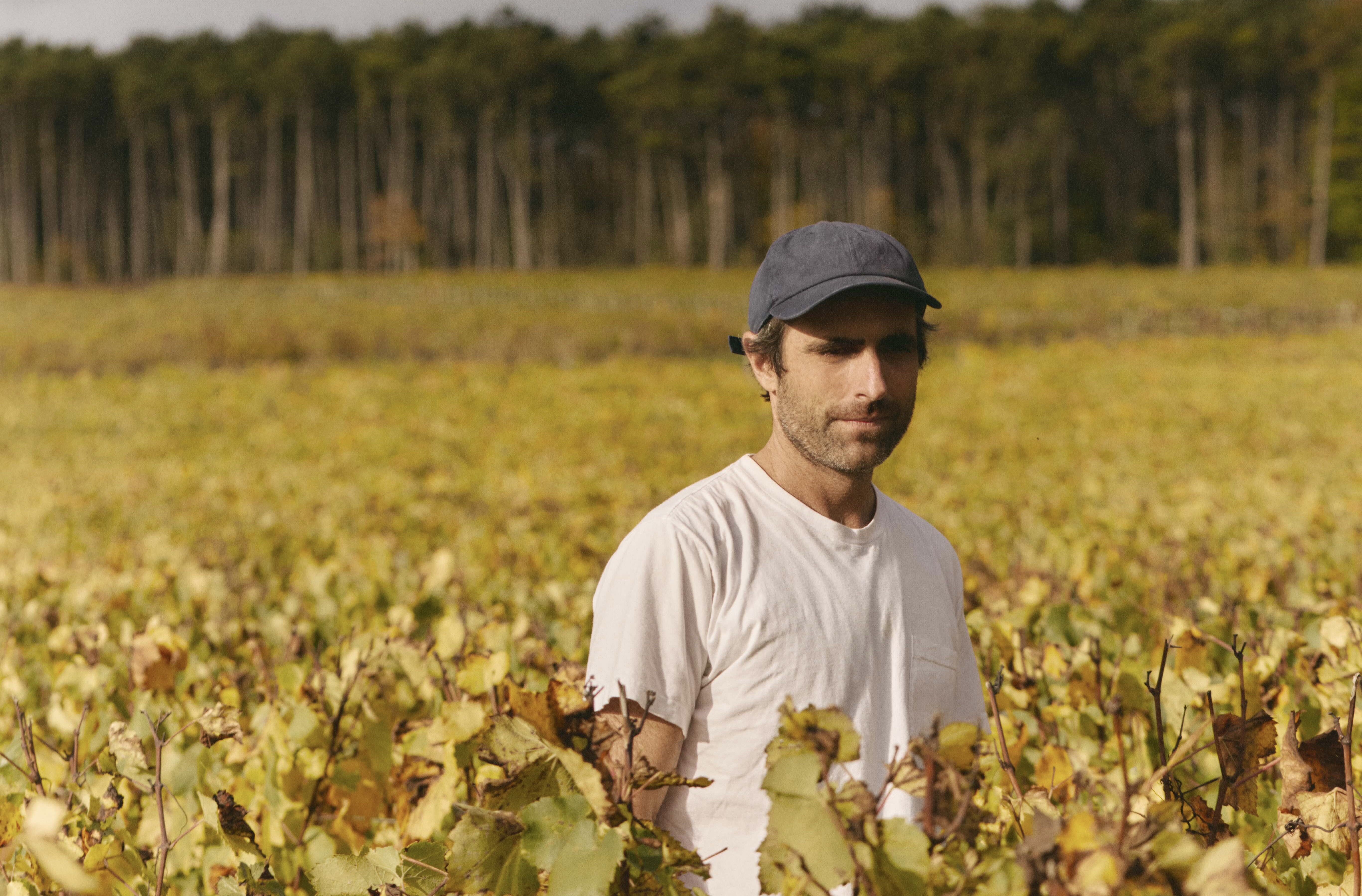

Recent Comments